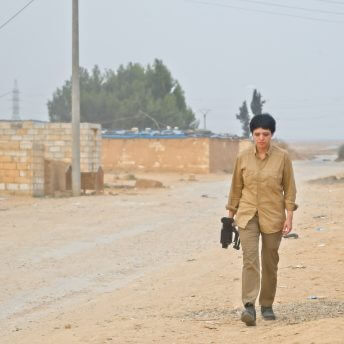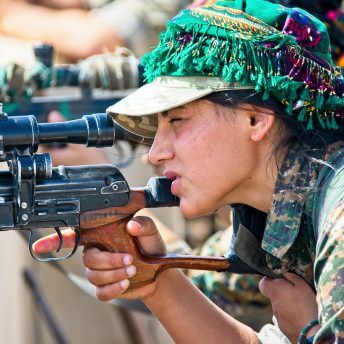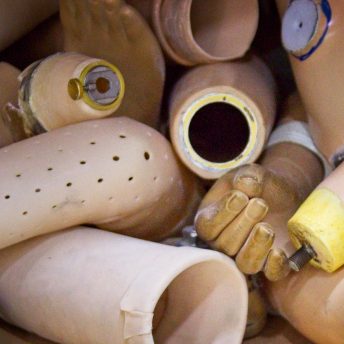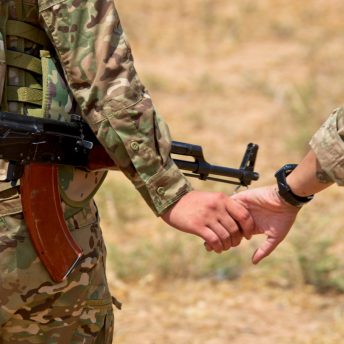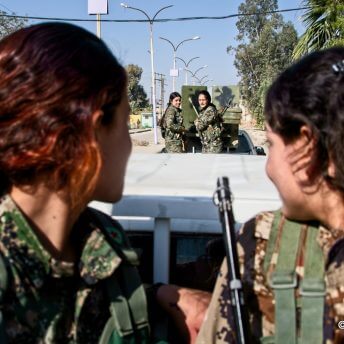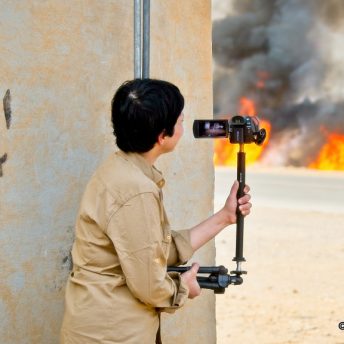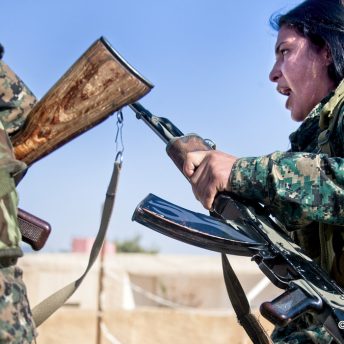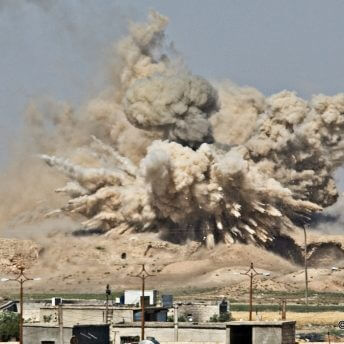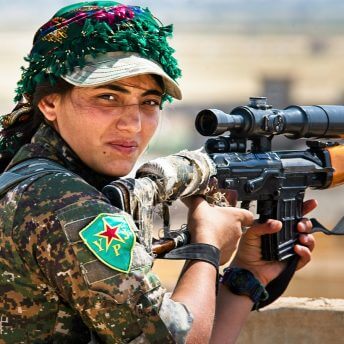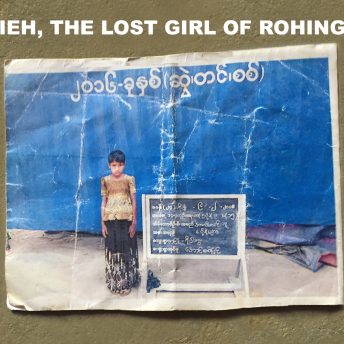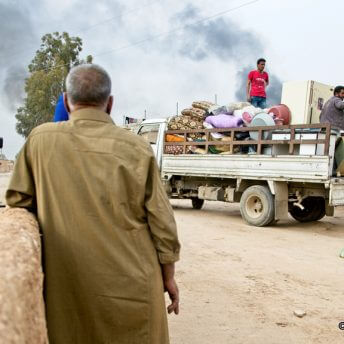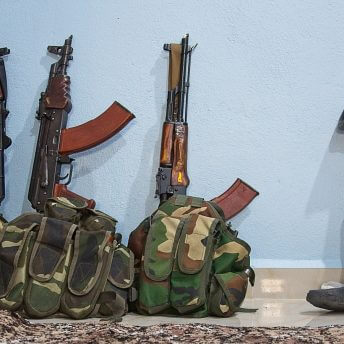Film phase:Post Production
SYNOPSIS
The Phantom Pain of Rojava is a documentary that follows a group of Kurdish guerillas in northern Syria who are willing to devote their lives to protecting the newbornWomen’s Revolution in Rojava. The film takes us on a journey into the lives of these fighters who have been injured, mostly by drone attacks, or have had body parts amputated. They live together in a secret house for the wounded, and their daily lives are both extraordinary and surreal. Despite the challenges they face, including moments of humor, they demonstrate incredible human willpower.
Since 2019, the balance of warfare for the Kurdish guerrillas has radically changed due to new drone technology being used by Turkey. The battlefield has shifted from the ground to the air, and the guerrillas’ bodies are controlled and terrorized by this new unmanned machine that tracks and targets them from thousands of kilometers away.
Rojava, the homeland of the Kurdish people and a utopia for them, is the birthplace of the Women’s Revolution and serves as a metaphor for the guerrillas’ bodies. While the fighters of Rojava lose body parts every day in drone attacks, the homeland of Rojava is also invaded step by step. Phantom Pain is pain that stems from a body part that no longer exists, usually from a part of the body that has been amputated but is still remembered by the brain. This is why the rest of the body continues to feel the pain forever. For the people of Rojava, the memory of their lost homeland serves as a metaphor for a lost body part, and reality becomes injured and painful.
Perhaps the new drone weapons will bring an end to Rojava’s resistance, or maybe they’ll be the last generation of guerrillas that fight using their bodies and instincts.
The Phantom Pain of Rojava was supported through Maryam Ebrahimi’s 2021 Chicken & Egg Award.
ABOUT THE DIRECTOR
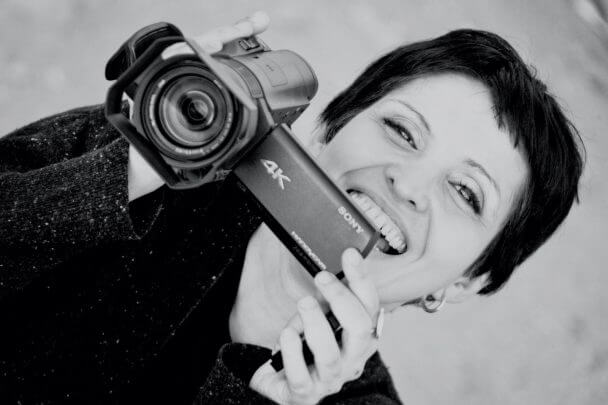
Maryam Ebrahimi (she/her) is an Emmy® Award-winning producer and director born in Tehran in 1976. She studied art and art theory at the University of Tehran’s Faculty of Fine Arts before continuing her education in Sweden. Ebrahimi began working as a producer, director, and researcher in the documentary field.
Ebrahimi co-directed and produced Nimafilm’s 2012 documentary No Burqas Behind Bars, which is set in an Afghan women’s prison, and directed the short documentary Susie’s Dollhouse for Swedish broadcaster Sveriges Television. She also produced I Was Worth 50 Sheep (2010), filmed in Afghanistan; Those Who Said No (2014), filmed in Iran, Sweden, and Japan; and Prison Sisters (2016), filmed in Sweden and Afghanistan, all for Nimafilm. Herer film Stronger Than A Bullet, shot on the Iran-Iraq border, premiered at the International Documentary Film Festival Amsterdam in 2017. Her latest feature documentary film as a director is The Phantom Pain of Rojava.
As a producer, her latest project is Born to Struggle, currently in production. The film takes place in a Rohingya refugee camp and follows 16-year-old Ayaz and 35-year-old Muhammad Noor, two Rohingya from different generations. Ebrahimi has extensive experience in location shooting and a deep knowledge of visual storytelling.
ABOUT THE PRODUCER
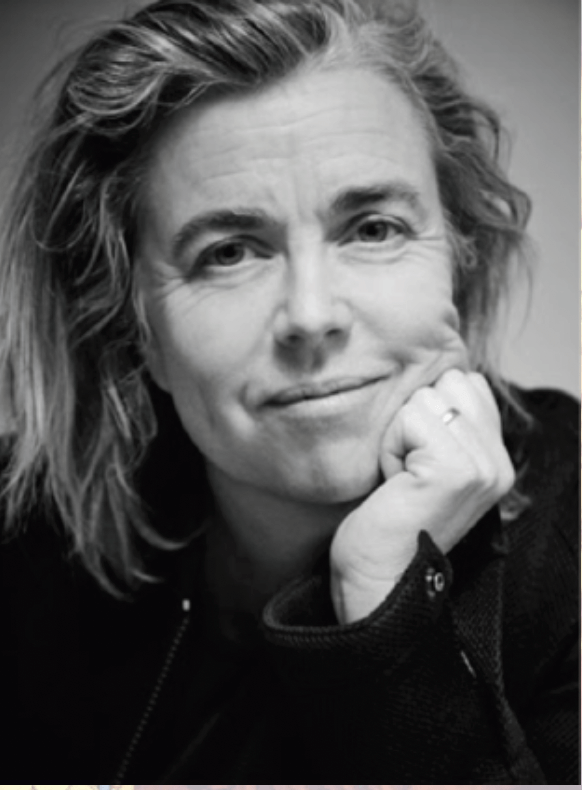
Stina Gardell (she/her) is a director and producer in documentary film, educated at Stockholm Dramatic University. In 2005, she started the production company Mantaray Film and as a producer has been awarded several prestigious awards such as Guldbaggen, Kristallen, Ikaros, and Silverfjärilen. Internationally, Stina has twice been awarded Best Documentary at the Prix Italia, 2007 for Nunnan and 2012 for He Thinks He Is the Best. The latter also received the Special mention award at the Prix Europa. Among her latest documentaries is The Most Beautiful Boy In the World, which premiered at the Sundance Film Festival 2021.

